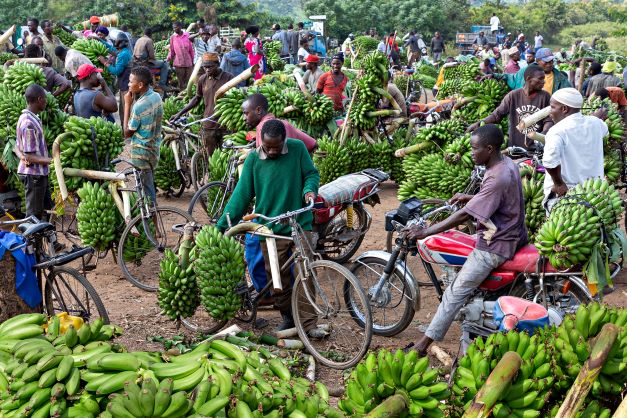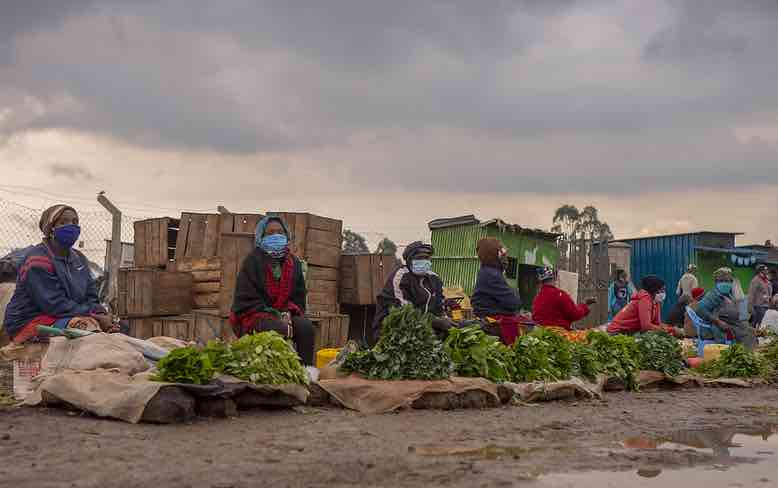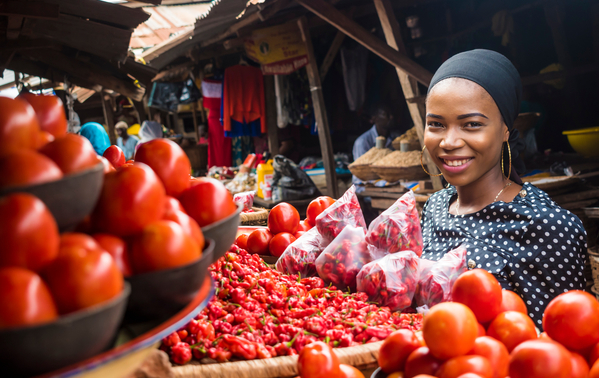Overall Focus on Food Systems Transformation
Food systems encompass the wide range of actors and their interlinked value-adding activities involved in the production, aggregation, processing, distribution, consumption, and disposal of food products that originate from agriculture, forestry, and fisheries, as well as the broader economic, societal, and natural environments in which they are embedded. Given IFPRI’s focus on food systems transformation, it is essential to link the analytical and policy dimensions of food systems work in practice. Food systems are composed of subsystems (e.g., farming systems, waste management systems, input supply systems) and interact with other key systems (e.g., energy systems, trade systems, health systems). The interlinked nature of these systems means that structural change in a food system may originate from a change in another system (for example, a policy promoting more biofuel use in the energy system can have a significant impact on the food system). In addition to conducting research on specific components of food systems, IFPRI in Africa will work with national governments and regional organizations to connect analysis, interventions, and policy investments across whole food systems. IFPRI in Africa aims to:
- Develop analytical tools that support regional researchers and governments in analyzing the status and performance of their food systems and in developing food system transformation pathways.
- Contribute to mapping food system actors where innovations are most needed and prioritize food system interventions with the most impact.
- Develop indicators, metrics, and dashboards for tracking food system performance, synergies, and trade-offs.
- Support the interlinkage of policies at the country level through national agriculture investment plans, nutrition strategies, and climate adaptation and energy plans; and develop a framework for coordinating and monitoring progress on impacts, considering interactions among policy impacts, and for optimizing synergies.
- Work with regional organizations including AU, ECOWAS, COMECA, and EAC to coordinate and achieve coherence of multiple policies across the food system.
- Produce an annual regional report on progress toward food systems transformation in the region with specific themes including sustainability, gender equality, and policy coherence.
Strategic Research Areas
2. Building resilience of food systems to shocks and vulnerabilities
3. Intra-African trade and economic integration
4. National strategies and public investment




